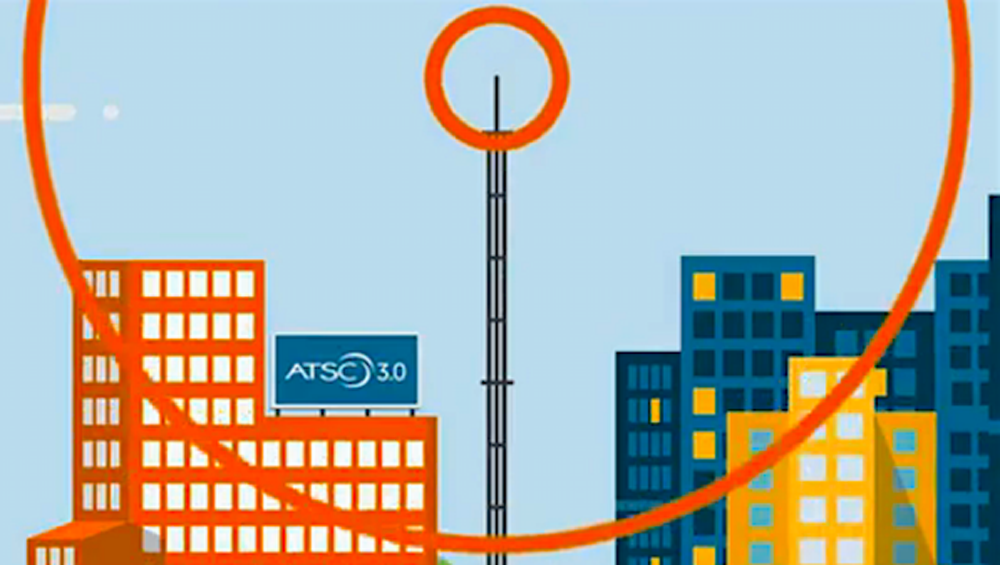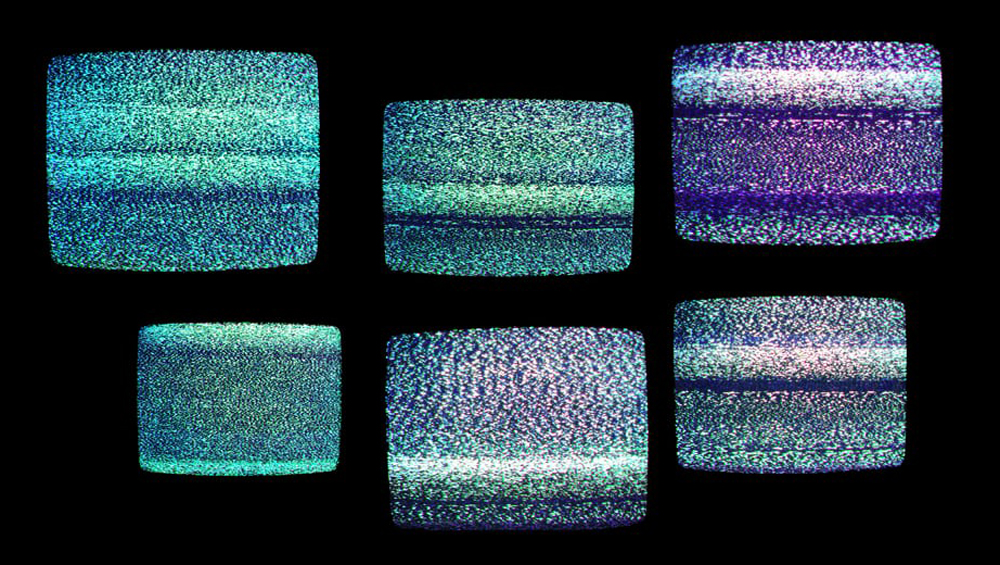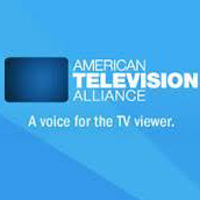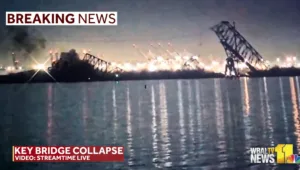
ACA Connectsand the American Television Alliance (ATVA) have made their thoughts loud and clear to the FCC that a NAB licensing proposal permitting originating stations to arrange for “host” stations to transmit their ATSC 1.0 multicast programming — even when the originating stations do not transmit that multicast programming themselves in ATSC 3.0 — “could inadvertently permit stations to aggregate spectrum and programming.” This, ACA Connects and ATVA argue, could create a new loophole to local media ownership rules, giving broadcasters “yet another avenue to evade the top-four prohibition and thereby raise consumer prices.”

It may be a new, Democratic-led FCC, but broadcasters and cable operators are fighting the same retrans and media ownership battles. On March 16, representatives of the American Television Alliance met with a top FCC staffer to argue that the current media ownership rules allow broadcasters to skirt limits and create triopolies and even quadropolies, loopholes they argued should be eliminated. Only a few days later, representatives of the NAB met with a different FCC staffer to talk about the same issues, but from quite a different perspective.

While the end of the year appeared to be pretty quiet on the retransmission consent front with only a few disputes ongoing in 2021’s first week, 2020 was another record year for blackouts, as 336 TV stations went dark to pay TV customers vs. 278 in the prior year, according to cable industry group the American Television Alliance.

The American Television Alliance told the FCC that the problems with a competitive communications marketplace are retrans blackouts, retrans fees and broadcast consolidation in spite of FCC rules that are supposed to limit it, consolidation that drives retrans fees higher and has driven some smaller MVPDs have been pushed out of that marketplace.
In comments to the FCC on the next-gen TV rulemaking, the American Television Alliance and the American Cable Association list a number of concerns including making sure the transition is truly voluntary for all parties and preventing broadcasters from conditioning carriage of ATSC 1.0 signals on initial carriage of ATSC 3.0 signals byrequiring separate negotiations of the two.
Washington Heats Up During Retrans Week

Cable-Backed Essay Rips Into Broadcasters
According to an essay being circulated by the American TV Alliance, broadcast TV needs to be deregulated, but primarily so it can fall off its own weight. ATVA is populated by cable operators, satellite operators, and others seeking reforms to the retrans system they say benefits broadcasters to the detriment of cable operators and their customers.











































